On March 1, authorities in Saudi Arabia announced the decision to refer a group of women's rights activists detained last June to trial. Although formal charges have not been revealed, the women in question were accused of holding the "aim to undermine the kingdom's security, stability, and national unity." Included under this umbrella are allegations of "collaborating with parties 'hostile to the kingdom'" and giving "financial and moral support to hostile elements abroad."
Beginning on June 6, 2018, Saudi authorities began to arrest a minimum of seventeen men and women engaged in the country's women's rights movement. Many were heavily entwined in the push to lift the country's years-long ban on women driving. The ban was lifted just weeks after the crackdown began, on June 24.
Since June, eight of the seventeen arrested have been temporarily released, while nine remain in custody. The prosecutor's office has not revealed the names of the detainees or their status, but Human Rights Watch reports that the group includes: Loujain al-Hathloul, Aziza al-Yousef, Eman al-Nafjan, Nouf Abdelaziz, Mayaa al-Zahrani, Samar Badawi, Nassima al-Saada, Hatoon al-Fassi, Shadan al-Onezi, Amal al-Harbi, and Mohammed Rabea.
The decision has faced increased publicity as it follows reports that at least four of the women detained were subject to torture. In November, Human Rights Watch and Amnesty International each published reports detailing testimonies of electrocution, flogging, and sexual assault. The country's media ministry denied the validity of the reports shortly after.
Amnesty International theorizes that the torture was likely used as a technique to elicit confessions, which have historically been used as a basis for sentencing.
To some, the case is part of "[Saudi Arabia's] signature repression." The Saudi government has been scrutinized by a number of human rights groups in the past year; the killing of Jamal Khashoggi in Istanbul in October, the purge of government officials spearheaded by Crown Prince Mohammed bin Salman, and the ongoing siege in Yemen have all been subject to international condemnation.
Critics of the government's actions have not been silent. Walid al-Hathloul, whose sister Loujain al-Hathloul had been apprehended, asked that "we know the results of the investigation and the torture before the detained women are transferred to trial." Michael Page, deputy Middle East director at Human Rights Watch, said that "The Saudi authorities have done nothing to investigate serious allegations of torture, and now, it's the women's rights activists, not any torturers, who face criminal charges and trials."

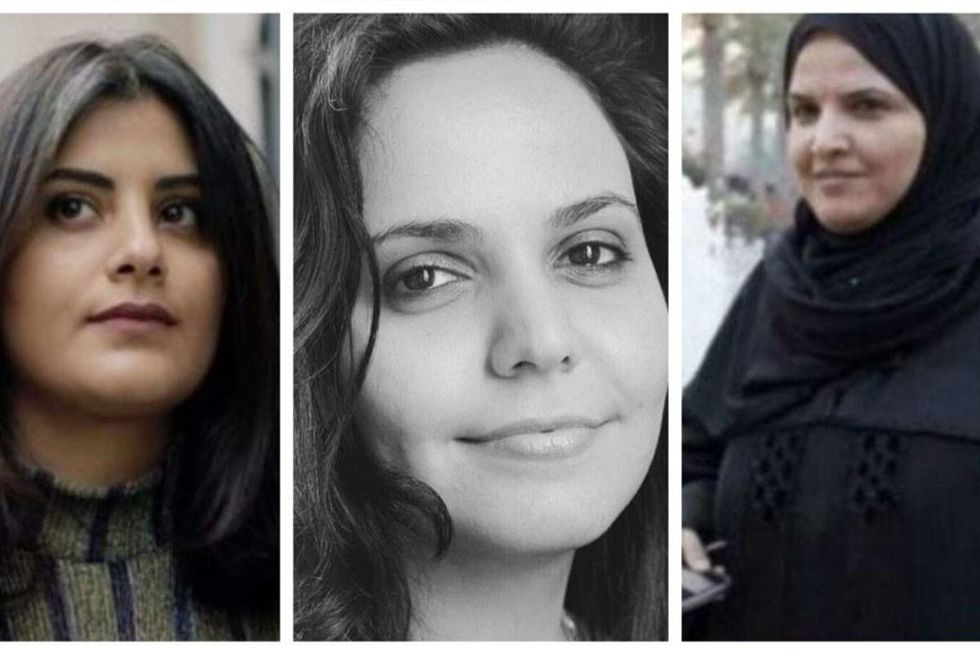

 true love
StableDiffusion
true love
StableDiffusion
 My Cheerleader
StableDiffusion
My Cheerleader
StableDiffusion
 womans transformation to happiness and love
StableDiffusion
womans transformation to happiness and love
StableDiffusion
 future life together of adventures
StableDiffusion
future life together of adventures
StableDiffusion













 shiny things
StableDiffusion
shiny things
StableDiffusion
 listen to your heart
StableDiffusion
listen to your heart
StableDiffusion
 face your fear
StableDiffusion
face your fear
StableDiffusion
 olympic woman
StableDiffusion
olympic woman
StableDiffusion
 Lessons of life
StableDiffusion
Lessons of life
StableDiffusion
 Woman praying
StableDiffusion
Woman praying
StableDiffusion
 Disneys Goofy
StableDiffusion
Disneys Goofy
StableDiffusion
 love
StableDiffusion
love
StableDiffusion
 you are stronger than you think
StableDiffusion
you are stronger than you think
StableDiffusion
 kindness
StableDiffusion
kindness
StableDiffusion

 StableDiffusion
StableDiffusion StableDiffusion
StableDiffusion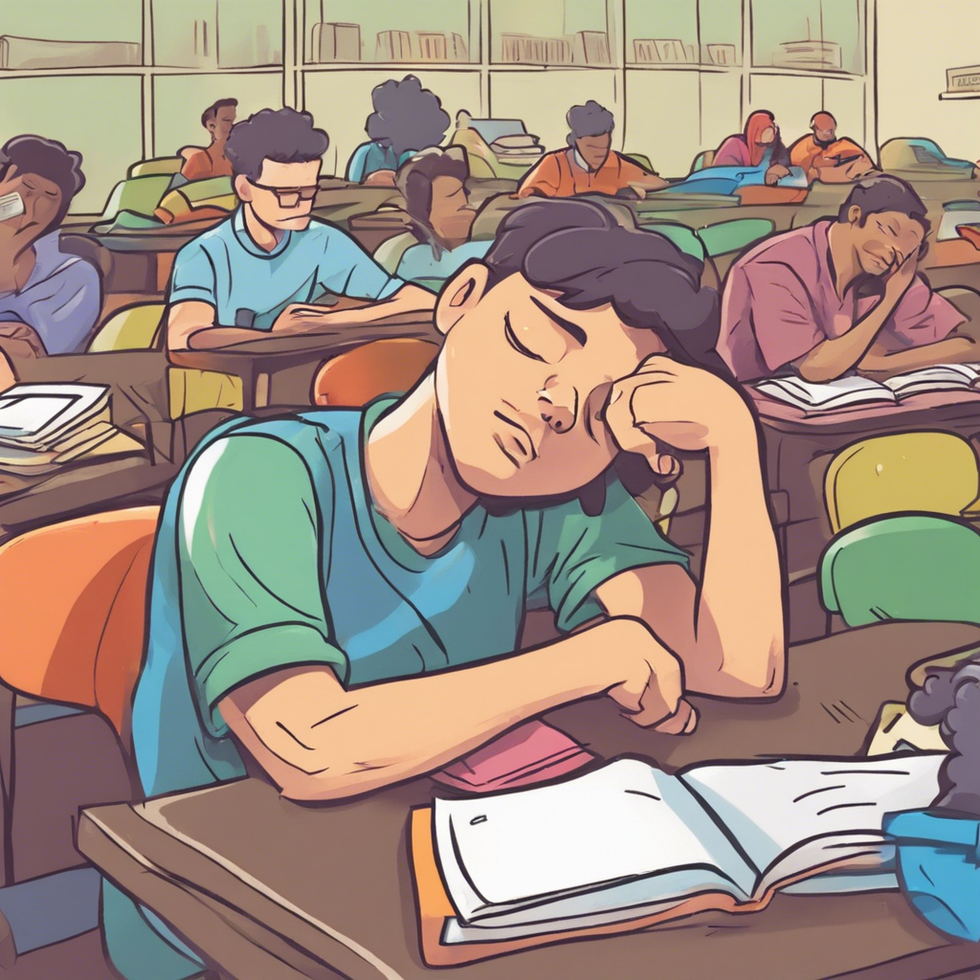 StableDiffusion
StableDiffusion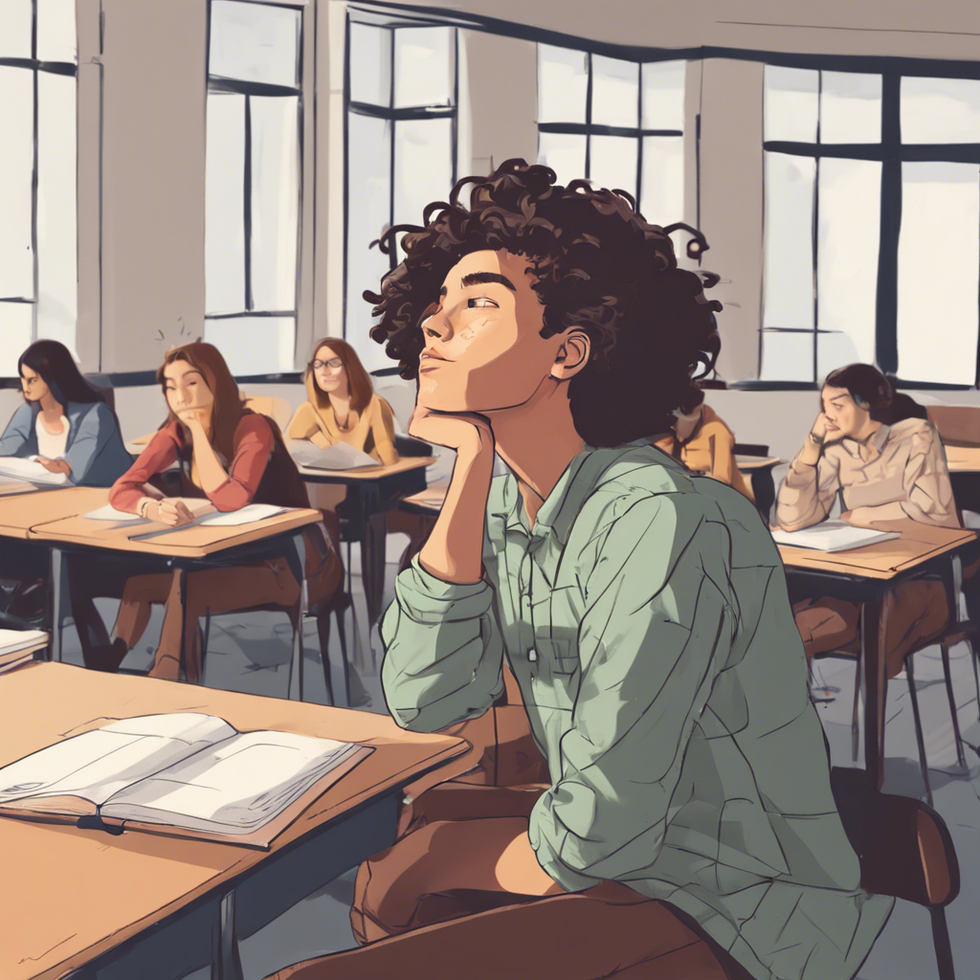 StableDiffusion
StableDiffusion StableDiffusion
StableDiffusion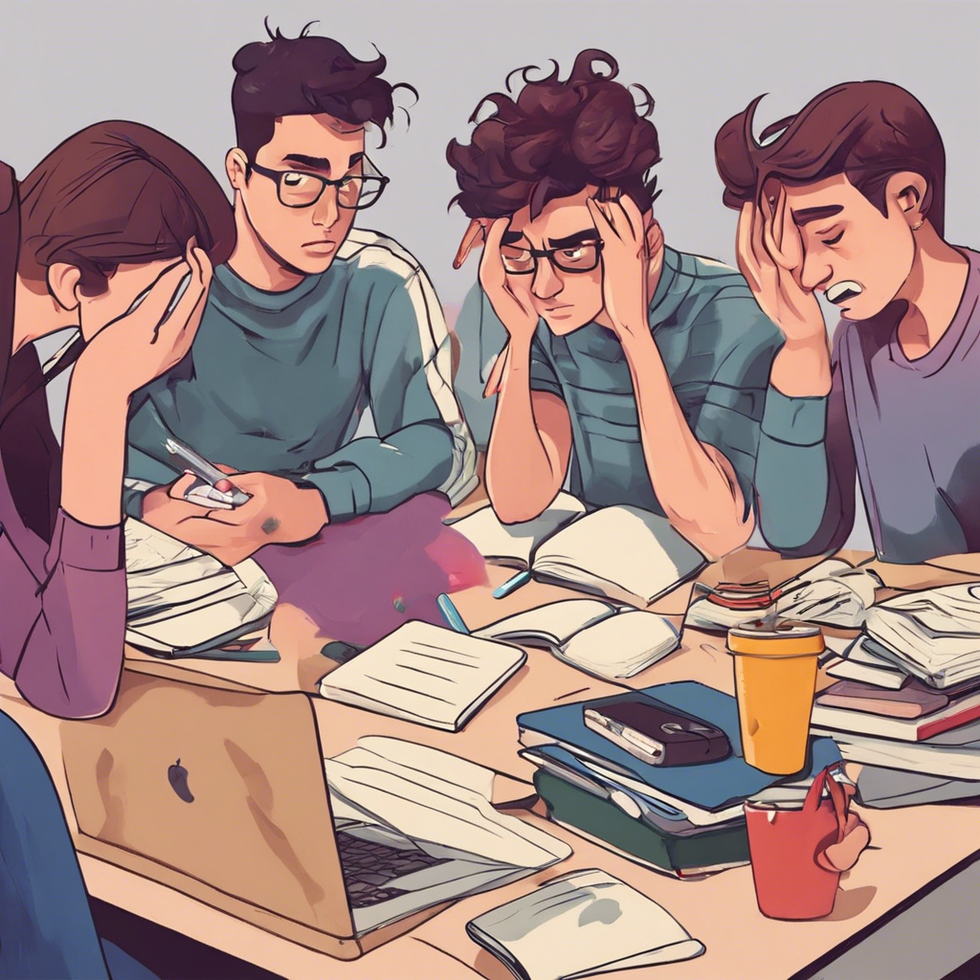 StableDiffusion
StableDiffusion StableDiffusion
StableDiffusion

 StableDiffusion
StableDiffusion StableDiffusion
StableDiffusion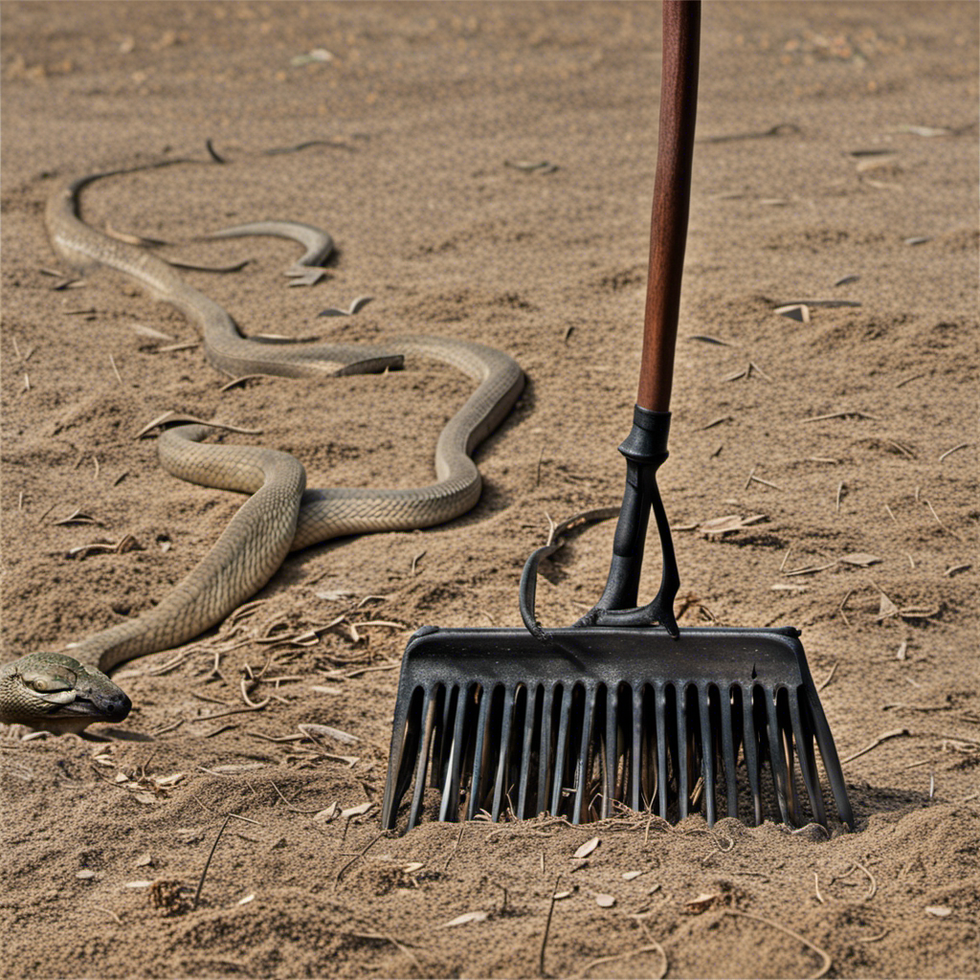
 StableDiffusion
StableDiffusion
 StableDiffusion
StableDiffusion
 StableDiffusion
StableDiffusion
 StableDiffusion
StableDiffusion



